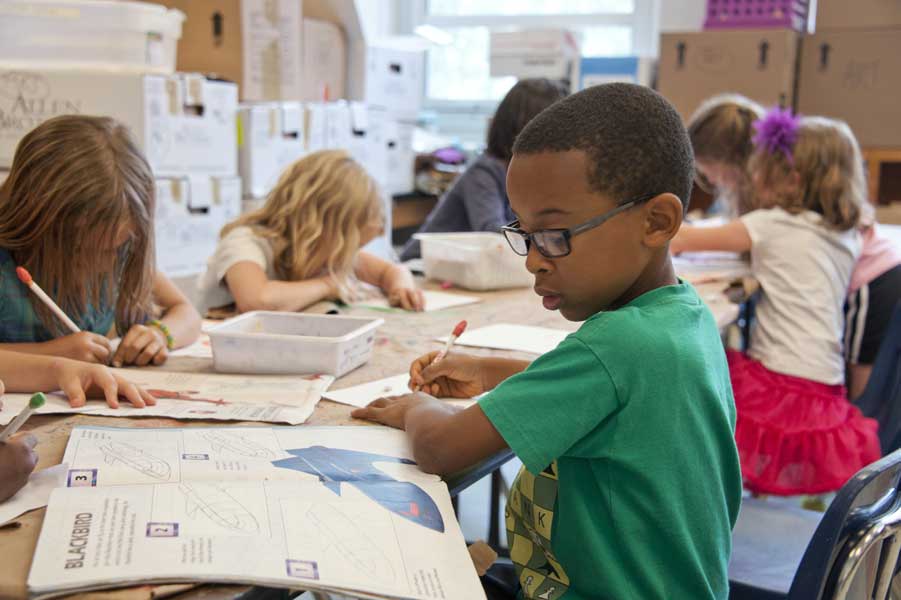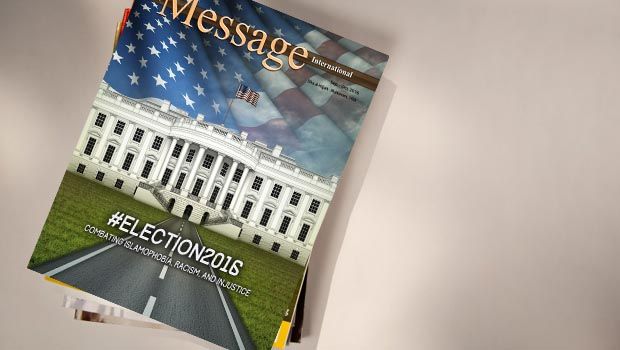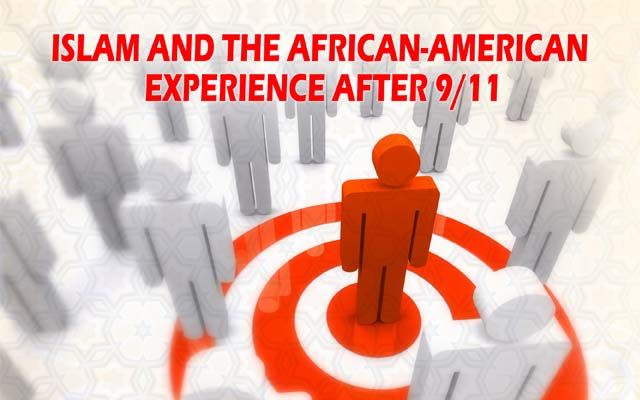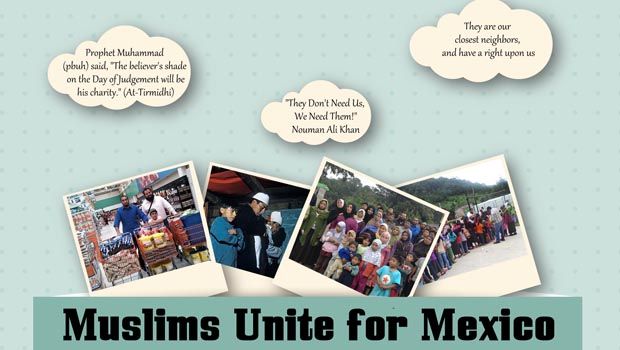The U.S is one of the most advanced nations in the world but has a shockingly high level of illiteracy. According to the National Center for Educational Statistics, 21 percent of American adults are illiterate or functionally illiterate (functional illiteracy is lacking the proficiency in reading and writing skills that allows for adequate functioning in everyday life). This crisis is largely ignored and under-researched, and at the same time education for millions of children continues to be underfunded. Just as shocking is the fact that 54 percent of American adults, aged 16-74, lack proficiency in reading. They read below what is equivalent to a 6th-grade level. In addition, even those who can read might be lacking in their ability to comprehend what they read.
According to the Correctional Education Association, 75 percent of U.S inmates are illiterate. Poverty is linked to both illiteracy and criminal activity. Under-educated and/or illiterate individuals who serve time in prison and then are released have high recidivism rates because these individuals have few employment and other options. Studies from the Correctional Service of Canada have shown that prison education programs have a positive impact on incarcerated individuals.
Causes of Illiteracy in the U.S.
There are a number of causes of the high rate of illiteracy in the U.S. One of those causes is a family history of illiteracy. Our first teachers are our parents. They teach us the alphabet, colors, and numbers before we go to school. Parents with little schooling are not equipped to teach their children, and the children arrive at kindergarten or first grade already lacking a foundation that would facilitate their learning and school success.
Coming from a family with a history of illiteracy means that the family is more likely to be struggling economically, focusing on survival needs. Some families simply don’t emphasize education or have the ability or inclination to provide resources to support their child’s academic success. Other causes include undiagnosed learning disabilities. This is especially common in low-income communities. Parents don’t recognize the signs of a learning disability; if they do recognize a problem, they don’t know where to get help for their child. In addition, schools in low-income communities don’t have the necessary resources to properly support children who experience obstacles to learning.
Another factor that contributes to illiteracy is having English as a second language. Immigrants who come to this country have to learn how to speak English in order to communicate, but they don’t necessarily have to learn how to read and write if their job doesn’t require it. Even those who learn how to read and write in order to obtain citizenship, don’t regularly practice English. Learning another language as an adult is not easy, especially when you have a job and a family — how much time do you really have to dedicate to becoming proficient in a second language?
The Islamic Perspective on Literacy, Education, and Lifelong Seeking of Knowledge “Read in the name of thy Sustainer, who has created — created man out of a clinging substance. Read! And your Lord is the Most Generous. Who taught by the pen, taught man what he did knew not” (Qur’an 96:1-5).
As Muslims, we know it is obligatory upon us to seek knowledge, both religious and worldly knowledge. Even if we come from a background where our parents couldn’t seek a formal education, they still valued education and pushed future generations to learn and seek knowledge. This is one of the many blessings of practicing Islam. The verses above, from Surah al-Alaq, were the first verses of the Qur’an revealed to Prophet Muhammad (s) by the angel Jibril. Thus, the first commandment given to humanity by Allah was to read. This commandment was given, at first, to a society of people who were mainly illiterate. Now the Muslim community is amongst the most educated communities in the world.
We are also told in the verses that Allah taught the use of the pen. The pen symbolizes the writing down of information and knowledge in order to communicate it to others. This knowledge can then be passed down from generation to generation. In another verse in the Qur’an, we are informed that “…He taught Adam the names of all things…” (2:31). According to commentary in Muhammad Asad’s translation of the Qur’an, this refers to man’s capacity for conceptual thinking, his inclination to “name,” that is, to define things. Naming things includes material objects, values, feelings, systems, natural phenomena, and so on. Being taught the “names” of all things underscores humanity’s capacity to identify and conceptualize, to reason, to reflect, and to understand. But at the most fundamental level, the abilities to read and to write, to define things, to use reason, to understand — these all point to the need for literacy.
Doing Our Part to Promote Literacy
There are many different ways we can promote literacy and the most effective way is to start locally, in our own communities. Donating to programs that promote early education, volunteering as tutors at after-school programs, volunteering to teach reading to incarcerated individuals, and donating books — all these efforts can help to promote literacy. Educate yourself on what programs exist in your community that you can support.
As Muslims, we are taught not only to seek knowledge, but to share it. Abu Hurairah narrated that the Prophet (s) said, “When a person dies, his deeds are cut off except for three: ongoing charity, knowledge that others benefit from, and a righteous son who supplicates for him” (al-Tirmidhi). The Prophet (s) also said, “The best of charity is when a Muslim man gains knowledge, then he teaches it to his brother” (Sunan Ibn Majah).




